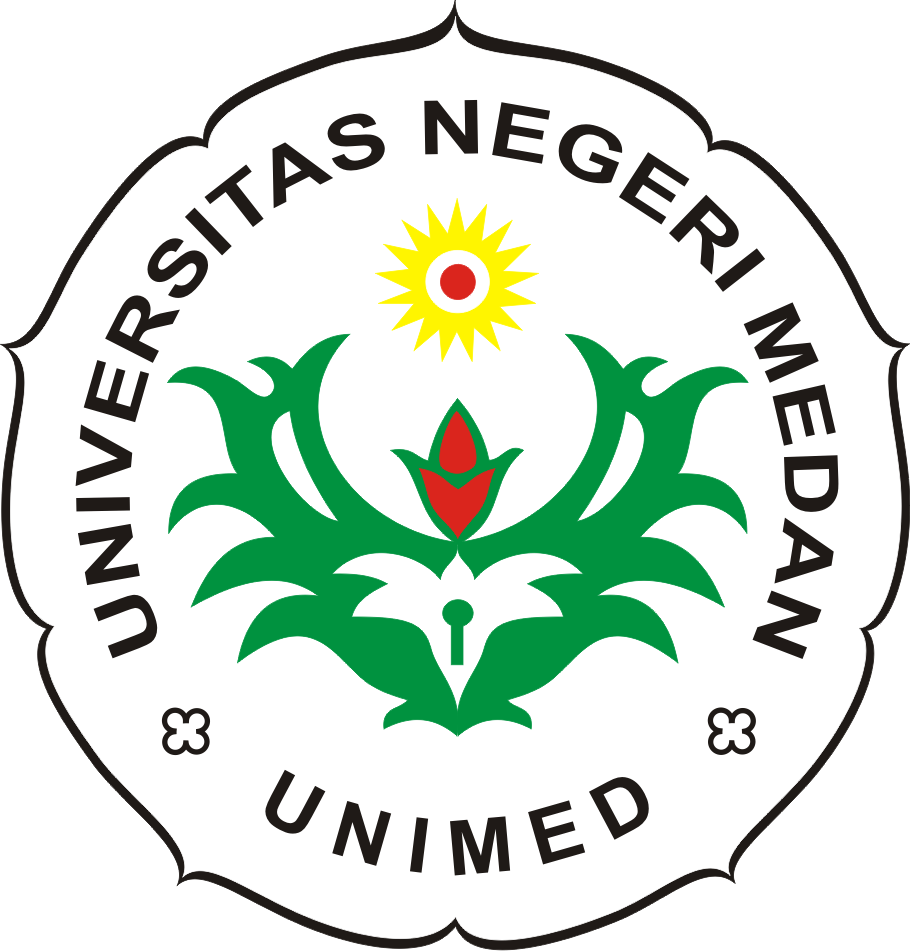IMPROVING STUDENTS™ ACHIEVEMENT IN WRITING NARRATIVE TEXT BY WATCHING MOVIE
DOI:
https://doi.org/10.24114/reg.v2i2.646Abstract
This study was attempted to improve students™ achievement in writing narrativetext by watching movies. This study was conducted by using classroom action researchin two cycles. Cycle I consisted of four meetings while Cycle II consisted of twomeetings. The subject of the research was class VIII-A SMP SWASTA IMMANUELMEDAN. The number of the students was 34. To collect the data, the instruments werequantitative and qualitative data. The quantitative data was the scores of the studentsand the qualitative data was interview sheets, observation sheets, and diary notes. Basedon the writing score, students™ score were improving in every test. It can be seen inOrientation test, Test I in Cycle I, and Test II in Cycle II. In Orientation test, the meanscore was 37.94 then it was improved to 65.85 in Test I. In the end of cycle II, the meanscore for test II was again improved to 83.41. Based on interview sheets, observationsheets and diary notes, it was found that teaching-learning process ran well. In line withthe data, it showed that the application of watching movies significantly improvedstudent™s achievement in writing narrative text. English teachers were suggested to givemovies to be watched as guidance on students™ narrative writing in the class.Downloads
Published
Issue
Section
License
Authors who publish with this journal agree with the following terms:
- Authors retain copyright and grant the journal right of first publication with the work simultaneously licensed under a Creative Commons Attribution License that allows others to share the work with an acknowledgment of the work's authorship and initial publication in this journal.
- Authors are able to enter into separate, additional contractual arrangements for the non-exclusive distribution of the journal's published version of the work (e.g., post it to an institutional repository or publish it in a book), with an acknowledgement of its initial publication in this journal.
- Authors are permitted and encouraged to post their work online (e.g., in institutional repositories or on their website) prior to and during the submission process, as it can lead to productive exchanges, as well as earlier and greater citation of published work (See The Effect of Open Access).
- This work is licensed under a Creative Commons Attribution-ShareAlike 4.0 International License.






